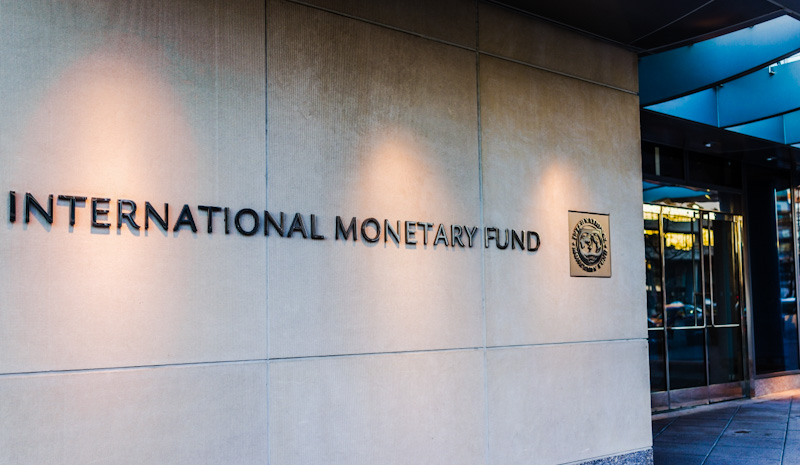Kenya says it will not default on its debt obligations, especially the $2 billion Eurobond that matures in June 2024.
Deputy Central Bank of Kenya Governor Susan Koech said the government has a plan to manage the Eurobond through a liability management exercise before the end of this year.
She said the government is committed to fiscal consolidation and debt sustainability and has budgeted for the Eurobond repayment.
“If you look at the government’s plan, especially on fiscal consolidation, you will see a deliberate effort from the government to ensure that the public debt remains sustainable.
I think what has been worrying many people is the June 2024 Eurobond, for which my answer is Kenya will never default,” she said during the 2024 Macroeconomic Outlook Forum organized by NCBA.
“Our debt levels are sustainable, and the government has a plan that includes first to manage the $2billion Eurobond; it will be repaid because it is in the government’s budgetary plan,” she added.
David Ndii, Chair of the Presidential Council of Economic Advisors, said the IMF has supported Kenya’s efforts to maintain global financial stability and avoid default.
He said the IMF has facilities that can augment Kenya’s program up to $650 million and also give access to an exceptional window in case of need.
He said the IMF is helping countries that are implementing the right policies and that Eurobond maturity is a global financial stability issue.
Ndii said the country will also do some early redemption or buyback of the Eurobond by the end of the year to improve the chances of going back to the market if the conditions are favourable.
IMF saved Kenya from Eurobond default
He said the 2024 Eurobond refinancing is fully funded, despite the rising debt repayments, weakening currency, and soaring bond yields that have affected many developing countries.
“Whatever people think about IMF, I would like to tell them that that’s why they exist; they are there to help countries that are implementing the right policies to maintain global financial stability, and this Eurobond maturity is probably a global financial stability issue,” Ndii noted.
“As of now, the 2024 Eurobond is fully funded. The refinancing is fully funded. It (IMF) can augment our programme as of now up to $650 million, that they have agreed to do,” Ndii said.
“We will be doing some early redemption or buyback by the end of the year so as to improve our chances of being able to go back to the market if the markets are open,” he said.
“Without the IMF programme, we would probably have defaulted, let’s be honest,” Ndii said.
Koech said the country’s GDP is expected to grow to 5.5 per cent in 2023 and 6.0 per cent in 2024, supported by government measures on manufacturing, agriculture, and the growing service sector.
“Despite the global uncertainties, Kenya’s growth has remained strong and is expected to remain above the global and Sub-Saharan Africa averages in 2023 and 2024, pointing to the resilience and diversified nature of the economy.”
“The economy grew by 4.8 per cent in 2022, well above the sub-Saharan Africa region average growth of 4.0 per cent and the global average of 3.5 per cent. The CBK expects the economy to grow by 5.5 per cent in 2023 and close to 6.0 per cent in 2024.”




